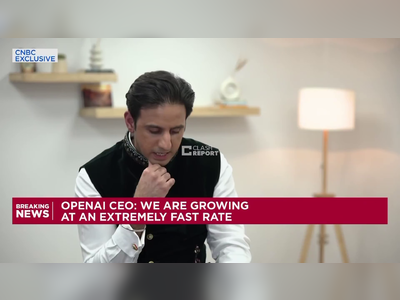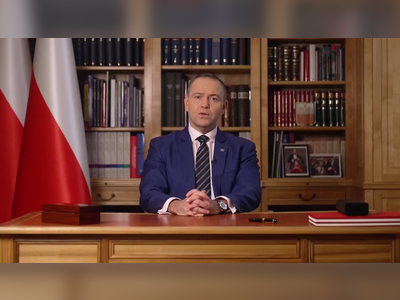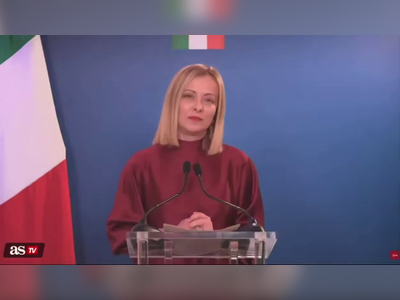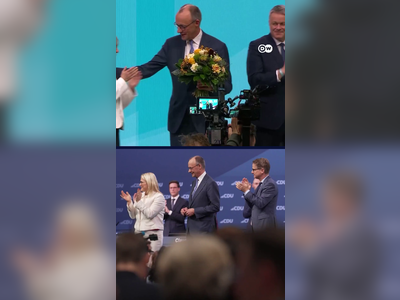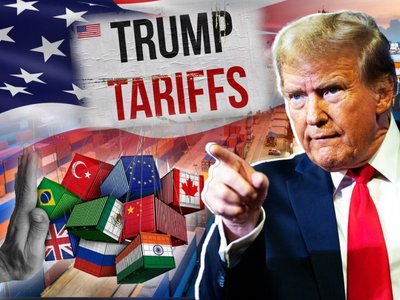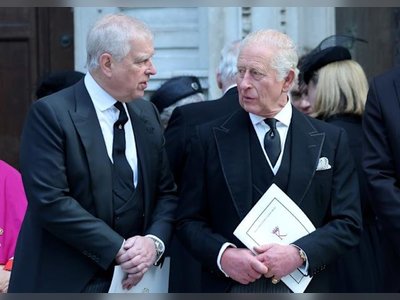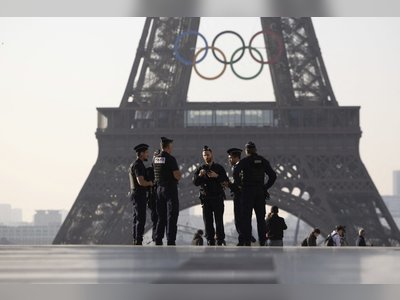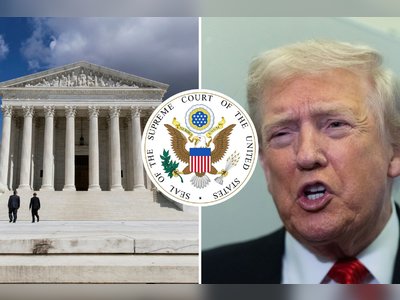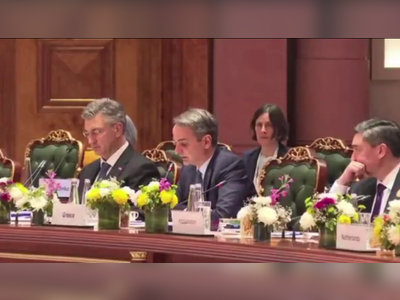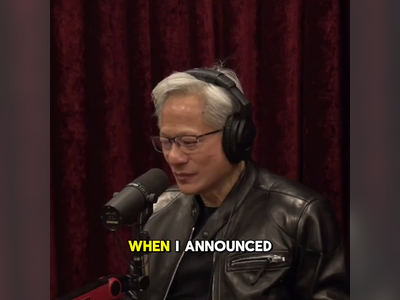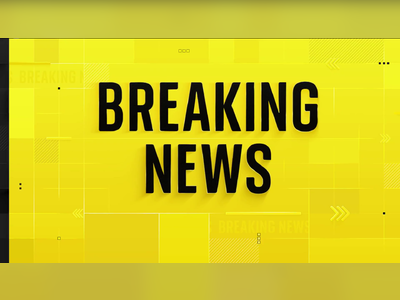Italy at a Standstill: Navigating Public Transport Strikes and Political Tensions
A critical look at the December transport strike and its implications for Italy's socio-political landscape
Italy is bracing itself for another challenging Friday as a 24-hour transport strike looms, set to commence from 9 PM on Thursday, December 12, orchestrated by the grassroots union Usb.
This protest has sparked fresh tensions with Matteo Salvini, Italy's infrastructure minister, who sought to curtail the disruption by limiting the strike to four hours, only to find his efforts thwarted in a renewed confrontation.
The strike brings into sharp focus the ongoing struggle between labor rights and governmental authority, emphasizing the volatile interplay that characterizes Italy's socio-political realm.
Public transport disruptions have become a periodic challenge for urban mobility across Italy, with Milan and Rome often becoming urban flashpoints during such protests.
For workers, students, and businesses relying heavily on public transport, these strikes represent significant upheaval, prompting critical reflections on the balance between workers' rights to protest and the broader economic stability.
Globally, Italy's scenario mirrors tensions elsewhere where governments engage in delicate negotiations to maintain public order while addressing workers' grievances.
The dynamics seem to draw particular parallels with recent strikes in France and the UK's industrial actions, challenging policymakers to find sustainable solutions that satisfy both labor groups demanding fair treatment and a citizenry demanding reliable services.
Moreover, Italy confronts its dependency on transport infrastructure as part of its broader economic and environmental policies.
Recent investments indicate an attempt to modernize public transport networks, to uphold EU emissions standards and reduce urban congestion.
Yet, these strikes highlight the persistent structural challenges faced by Italy, demanding a more transformative approach to labor relations and infrastructural resilience.
As Italy grapples with these labor disputes, questions emerge about the role of dialogue and consensus-building in fostering long-term change, not just ameliorating immediate disruptions.
Salvini's interventions reflect broader political stakes, making the outcomes of this confrontation not just a marker of industrial peace, but also a gauge of political deftness in navigating Italy's complex socio-economic fabric.
As the dust settles, the critical question stands—can Italy pave a path of harmonious labor relations while steering towards a prosperous future, or will these cyclical disruptions continue to impede its stride?
This protest has sparked fresh tensions with Matteo Salvini, Italy's infrastructure minister, who sought to curtail the disruption by limiting the strike to four hours, only to find his efforts thwarted in a renewed confrontation.
The strike brings into sharp focus the ongoing struggle between labor rights and governmental authority, emphasizing the volatile interplay that characterizes Italy's socio-political realm.
Public transport disruptions have become a periodic challenge for urban mobility across Italy, with Milan and Rome often becoming urban flashpoints during such protests.
For workers, students, and businesses relying heavily on public transport, these strikes represent significant upheaval, prompting critical reflections on the balance between workers' rights to protest and the broader economic stability.
Globally, Italy's scenario mirrors tensions elsewhere where governments engage in delicate negotiations to maintain public order while addressing workers' grievances.
The dynamics seem to draw particular parallels with recent strikes in France and the UK's industrial actions, challenging policymakers to find sustainable solutions that satisfy both labor groups demanding fair treatment and a citizenry demanding reliable services.
Moreover, Italy confronts its dependency on transport infrastructure as part of its broader economic and environmental policies.
Recent investments indicate an attempt to modernize public transport networks, to uphold EU emissions standards and reduce urban congestion.
Yet, these strikes highlight the persistent structural challenges faced by Italy, demanding a more transformative approach to labor relations and infrastructural resilience.
As Italy grapples with these labor disputes, questions emerge about the role of dialogue and consensus-building in fostering long-term change, not just ameliorating immediate disruptions.
Salvini's interventions reflect broader political stakes, making the outcomes of this confrontation not just a marker of industrial peace, but also a gauge of political deftness in navigating Italy's complex socio-economic fabric.
As the dust settles, the critical question stands—can Italy pave a path of harmonious labor relations while steering towards a prosperous future, or will these cyclical disruptions continue to impede its stride?
Translation:
Translated by AI
AI Disclaimer: An advanced artificial intelligence (AI) system generated the content of this page on its own. This innovative technology conducts extensive research from a variety of reliable sources, performs rigorous fact-checking and verification, cleans up and balances biased or manipulated content, and presents a minimal factual summary that is just enough yet essential for you to function as an informed and educated citizen. Please keep in mind, however, that this system is an evolving technology, and as a result, the article may contain accidental inaccuracies or errors. We urge you to help us improve our site by reporting any inaccuracies you find using the "Contact Us" link at the bottom of this page. Your helpful feedback helps us improve our system and deliver more precise content. When you find an article of interest here, please look for the full and extensive coverage of this topic in traditional news sources, as they are written by professional journalists that we try to support, not replace. We appreciate your understanding and assistance.
